Cat:Non-Woven Fiber Wheel Production Machine
A nonwoven bonding machine is a highly specialized piece of equipment designed to apply adhesive and sand to nonwoven fa...
See DetailsIntroduction to Flexibility in Abrasive Tools
In metalworking, woodworking, and finishing applications, the ability of an abrasive tool to conform to surface contours is essential for achieving uniform results. Traditional rigid grinding wheels may excel on flat surfaces but can struggle to maintain contact with curves or irregular geometries. Non-Woven Fiber Wheels are specifically designed with flexibility in mind, allowing them to adapt to complex surfaces while delivering controlled abrasion. Understanding the characteristics and benefits of this flexibility is crucial for selecting the right tool for curved surface applications.
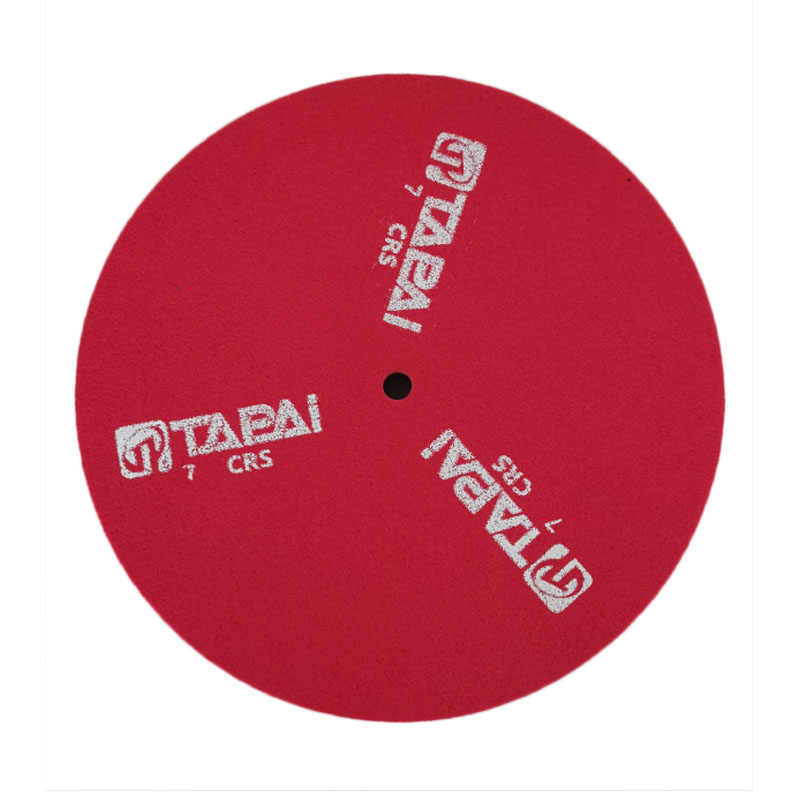
Fiber Structure and Flexibility
The core reason for the flexibility of Non-Woven Fiber Wheels lies in their construction. These wheels are composed of interwoven synthetic fibers impregnated with abrasive grains, forming a porous and resilient matrix. Unlike solid abrasive wheels, which are rigid and prone to leaving uneven marks on non-flat surfaces, the fibrous structure of fiber wheels allows them to bend and flex under applied pressure. This adaptability ensures that the wheel maintains consistent contact with both concave and convex surfaces, reducing the risk of missed spots or over-abraded areas.
Advantages of Curved Surface Finishing
Flexibility directly translates to improved performance on curved or irregular surfaces. The Non-Woven Fiber Wheel can follow the natural contours of pipes, rounded edges, or sculpted metalwork without requiring multiple tools or manual adjustments. This results in a more uniform finish and reduces the need for excessive passes, saving both time and effort. Additionally, the fiber structure distributes pressure evenly across the workpiece, preventing localized gouging or uneven material removal that can occur with rigid wheels.
Material Compatibility and Adaptability
The flexible design of fiber wheels makes them suitable for a wide range of materials. They can efficiently polish metals such as stainless steel and aluminum, deburr machined edges, and finish coated surfaces without damaging the underlying material. This versatility is particularly beneficial when working with delicate or soft materials, where excessive rigidity from a conventional wheel could cause surface deformation. The ability to adapt to curves and contours ensures consistent results across diverse workpieces.
Operational Considerations
To improve the benefits of flexibility, proper operational techniques are essential. Moderate pressure should be applied to allow the wheel to naturally conform to the surface without bending excessively or causing vibration. The correct rotational speed and fiber density selection also influence the tool’s effectiveness, ensuring that the wheel maintains adequate contact while providing consistent material removal. By following these practices, operators can achieve high-quality finishes even on the challenging curved surfaces.
Durability and Maintenance
Despite their flexible nature, Non-Woven Fiber Wheels are durable and maintain their structure over multiple uses. The resilient fibers withstand repeated flexing without breaking down, and the abrasive grains continue to perform consistently throughout the wheel’s life. Proper care, such as cleaning to remove debris and avoiding excessive heat buildup, helps preserve both flexibility and abrasive efficiency over time.
Optimizing Curved Surface Work with Fiber Wheels
Non-woven fiber Wheels offer good flexibility, making them ideal for grinding and finishing curved or irregular surfaces. Their fibrous structure allows for uniform contact, controlled material removal, and consistent results across a variety of materials. By understanding and leveraging their flexible properties, operators can enhance efficiency, reduce the risk of surface damage, and achieve high-quality finishes in applications that would challenge conventional rigid abrasive wheels. The combination of adaptability, durability, and versatility positions fiber wheels as a reliable choice for curved surface work in many industries.
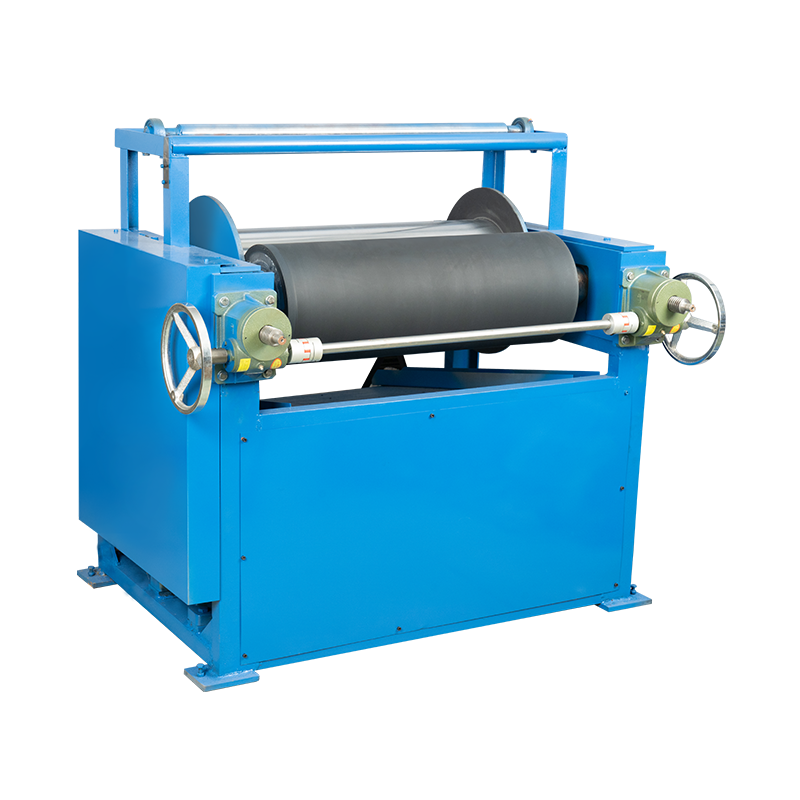
A nonwoven bonding machine is a highly specialized piece of equipment designed to apply adhesive and sand to nonwoven fa...
See Details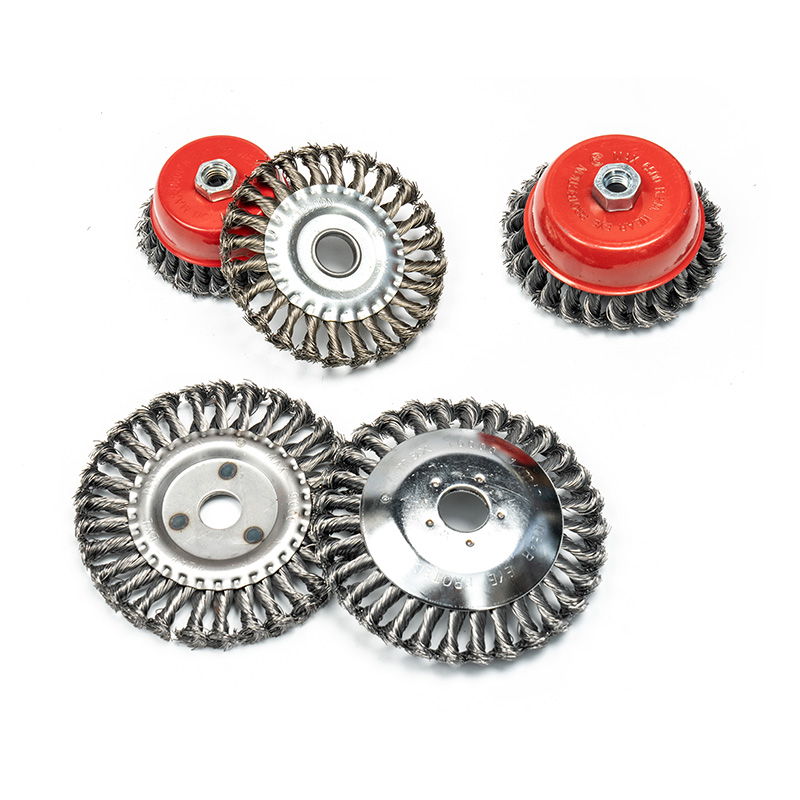
Made from twisted wire filaments, this brush is used extensively in industrial and maintenance applications for tasks th...
See Details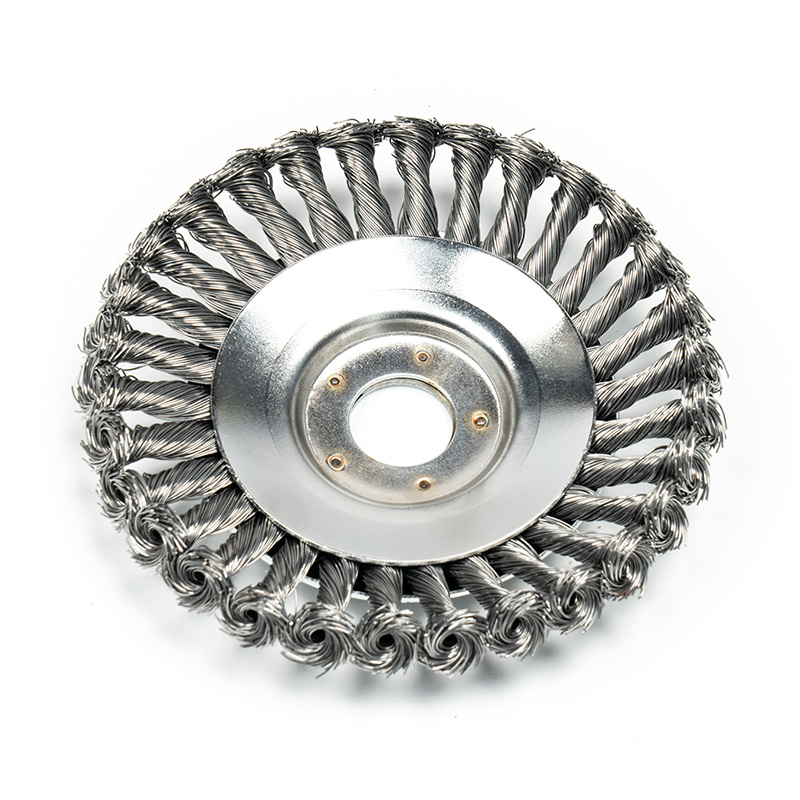
Its disc-shaped design, with tightly twisted wire bristles, provides uniform contact with the surface, making it ideal f...
See Details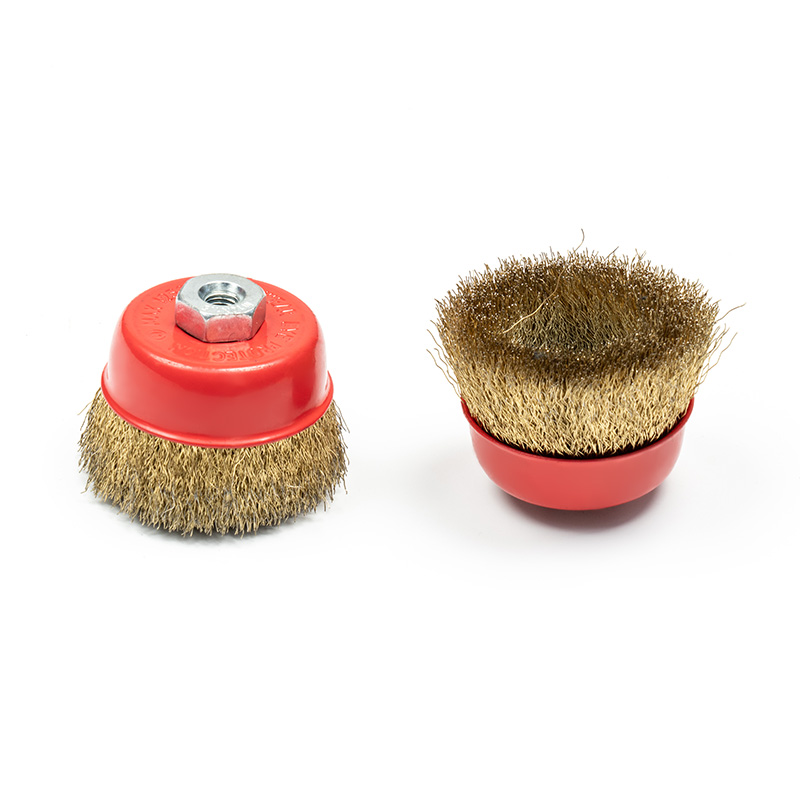
It is primarily used for cleaning, rust removal, polishing, and surface preparation. The bowl-shaped configuration of th...
See Details+86-18867586928
Contact Us